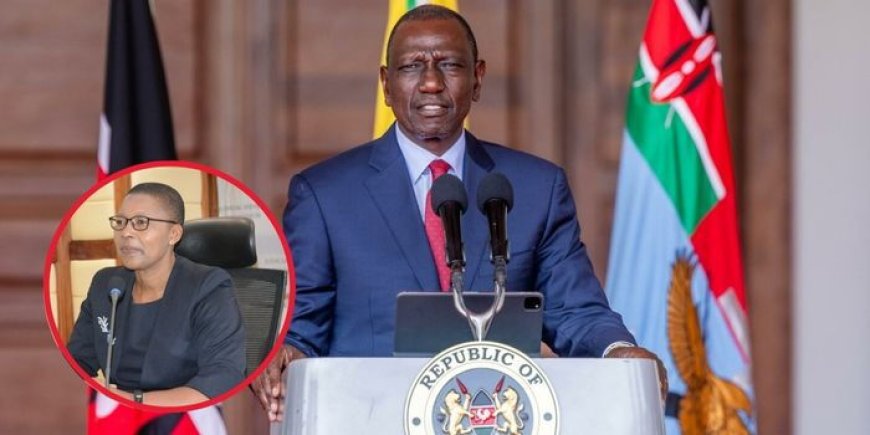Govt Demands Marriage Certificates: New Marriage Rules Shake Kenyans
The Kenyan government has introduced new rules, significantly increasing marriage registration fees. The New rules require all marriage certificates to be submitted within strict deadlines, impacting thousands of couples. Learn more about the changes and their implications.

The government is stepping up efforts to increase revenue by raising marriage registration fees, focusing on Kenyans who want to legalize their marriages.
Newly appointed Attorney General Dorcas Oduor has issued a directive that has caused a stir among pastors and marriage registrars. The AG’s office now requires that all marriage certificates for marriages already conducted be submitted within 30 days. This order, published in the government’s MyGov notice on Tuesday, September 3, also sets a strict 14-day deadline for registrars to scan and upload all marriage certificates.
The government’s goal is clear: it wants to tighten control over marriage records, ensuring that every certificate is accounted for and possibly turned into a source of income.
AG Oduor also instructed, “Scan and upload marriage certificates and Registrar's certificates or special licenses, as required, for all marriages conducted from September 1, 2024. These must be sent to marriage.returns@ag.go.ke”
She further directed, “Deliver the original marriage certificates to the Registrar of Marriages in Nairobi within fourteen (14) days of the marriage.”
This move is part of a broader government plan to increase marriage processing fees tenfold. Couples who previously paid Ksh5,000 for the process will now face a much higher fee of Ksh50,000. This sharp increase is expected to affect many Kenyans who are already struggling with economic challenges.

The Treasury has stated that this is part of a larger plan to raise more revenue, with the government aiming to collect more money from administrative fees. After the Finance Bill 2024 was rejected, the focus shifted to other areas, including the issuance of important documents like national identity cards, passports, work permits, and now, marriage certificates.
The target is to raise Ksh55.8 billion in the next financial year, up from Ksh28.3 billion this year.
This directive has put marriage registrars in a difficult position. They must now ensure that every marriage certificate, whether for a civil, Christian, Hindu, Islamic, or customary marriage, is submitted to the Registrar of Marriages in Nairobi. Failure to comply could lead to serious consequences, including legal action.
According to the Marriage Act, Cap 150, registrars and licensed ministers of faith must complete and sign marriage certificates during ceremonies, ensuring that both the couple and witnesses also sign. These certificates must then be delivered to the Registrar, who will keep them in an official register. The law is clear, with Sections 53 to 57 outlining the responsibilities of those officiating marriages, while Section 59 explains how marriages can be proven in Kenya.
Also Read:
However, the government’s focus is not just on making sure the rules are followed but also on raising money. The increased fees are seen as a way to strengthen the national budget, but they have been met with opposition.
Last November, the High Court suspended a Kenya Gazette notice that aimed to increase charges for important documents, including identity cards and passports, after a doctor from Nakuru filed a petition. The ongoing case has provided temporary relief to Kenyans, but the fight over the new fees is far from over.
Despite the court’s intervention, the Attorney General's office is pressing on with its plan to raise revenue. This latest directive on marriage certificates is part of that effort, showing that the government is willing to make unpopular decisions in the name of financial responsibility.
What's Your Reaction?














































































































